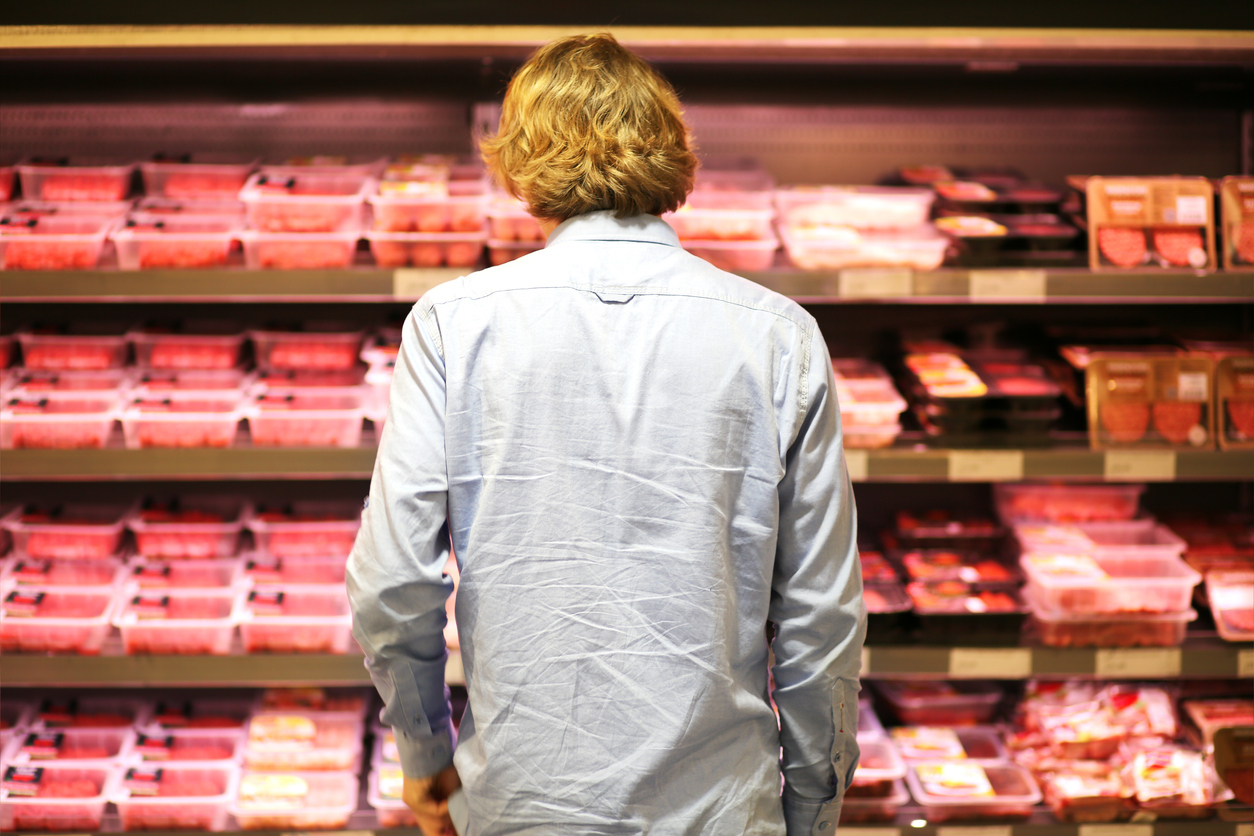Agriculture won’t be spared by income tax proposal

In many legislative endeavors, the agricultural community is given some latitude due to the uncertain nature of agricultural incomes. SB 5096 puts an end to those considerations.
The bill establishes an income tax on capital gains for every person in Washington state – including farmers and ranchers. The minimal number of agriculture exemptions favor only large farms or approximately 35 percent of farms in the state.
The most egregious part of the bill would impose a tax on sellers of cattle, horses, or breeding livestock. The bill applies an income tax to long-term assets sold by people who meet the criteria of earning $25,000 for an individual or $50,000 for a couple. While this particular entry seems to affect a small number of people, among those this tax could apply to include 4-H and FFA students. That’s right, this tax could be applied to the sales of livestock by children. There are children throughout our state who raise dairy cattle through 4-H and FFA, a two-year project, with their cattle being sold at a fair auction. Not to mention all the beef producers raising cattle for consumption, particularly those who raise grass fed-grass finished beef.
In addition to being a direct attack on children and livestock producers, the tax would also have a significantly negative affect on small and young farmers. According to the bill, anyone with a gross income of less than 50 percent coming from their farm pursuits, would pay taxes on that income. To be clear, approximately 60 percent of farms record an income of $9,999 or less in our state. That is 6,832 farms in Washington. One could make a case that even more farms would bear the tax burden under this “exemption” because, with the median farm household income being $51,000 annually, well off the $78,000 state median income, the benchmark for 50 percent or more is nearly unreachable for most farmers in our state.
This tax burden will also prohibit land purchases by new farmers. The bill imposes the income tax on farm landowners who have been in agriculture for less than 10 years. The average age of farmers in Washington state is 59; an age at which most people begin to look at retirement. As agriculture continues to shift its demographics, and more young people are encouraged to enter into ag sector careers, adding to the weight of their burden by enforcing an additional tax is a sure way to prohibit farming in our state unless it comes from a generational transfer after a decade. And, while family farms provide the underpinning for our state, first-generation farmers deserve to have an opportunity to enter into the food production sector.
With farmland prices currently hovering at $13,000 an acre for irrigated land, young and first-generation farmers are already struggling to purchase enough land to create a viable business. The income tax coupled with the limiting nature of land costs, doubly penalizes people for having an interest in agricultural pursuits.
For a group of people who claim to be interested in supporting the least among us, a tax squelching youth interest in livestock, killing agricultural entrepreneurship, and increasing the cost of meat for all residents is a poor way to do it. Any tax that makes agriculture more burdensome than it currently is puts our food system at risk by endangering the number of farms able to operate in our state.
A tax on children, food, and first-generation farmers is a tax that should never have seen the light of day, let alone find a hearing in our state’s legislature.





